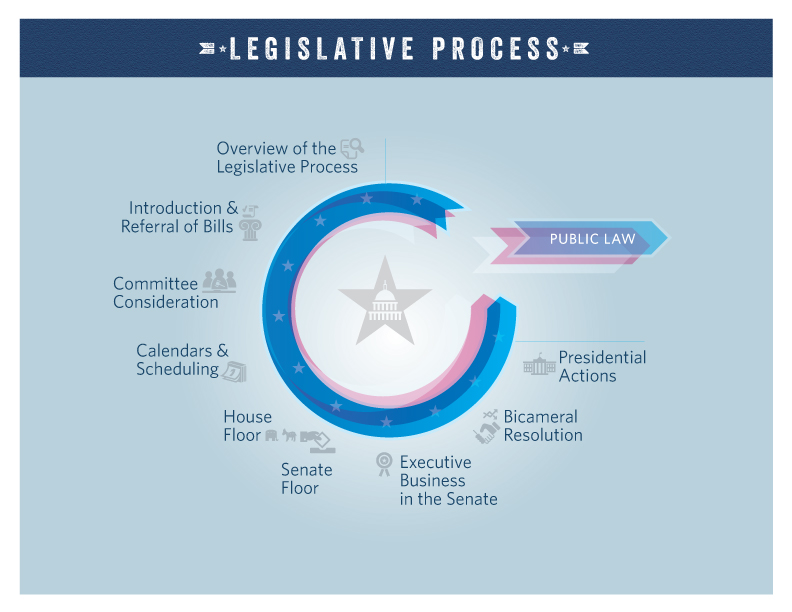A new bill from two Senate leaders looks to bring some semblance of rationality to federal energy-water work. Here are three reasons why the Nexus of Energy and Water for Sustainability Act of 2014 is welcome news.
1. The NEWS Act would coordinate federal energy-water activities
The core of the new bill (S.1971) is the creation of a new body under the National Science and Technology Council that would be headed by the Secretaries of Energy and the Interior.
The “Energy-Water Nexus for Sustainability” committee would:

Credit: whitehouse.gov
- “serve as a forum for developing common Federal goals and plans on energy-water nexus issues…”
- “promote coordination of the activities of all Federal departments and agencies” on energy-water issues. That means DOE, DOI, the EPA, the U.S. Army Corps of Engineers, and many others that have significant roles to play where energy and water meet (or collide).
- “coordinate and develop capabilities for data collection, categorization, and dissemination of data from and to other Federal departments and agencies”
-

U.S. freshwater withdrawals, 2005. Water for energy is a big piece of the pie. (Source: UCS compilation of USGS data — Kenny et al. 2009)
“engage in information exchange between Federal departments and agencies…” — identify what’s already happening within the government, look for ways to leverage existing programs, and identify “opportunities for public-private partnerships, innovative financing mechanisms, and grant challenges.”
Given that understanding even something as basic as power plant water use has been a challenge, as we discussed in a 2011 report, the third bullet is particularly interesting from where I sit.
Overall, though, more solid inter-agency coordination is key, so getting Congress on board with the idea would be a fine thing.
2. The NEWS Act addresses both sides of the energy-water coin
Our energy-water work over the last few years has focused on the really important issue of water for energy — what our electricity choices mean for water, and the power plants themselves, and how transportation fuels, including biofuels, affect water resources.

Water, water everywhere — but not always where and when we need it, for power generation or drinking. (Credit: Flickr/Williams_Jt)
But the flip side is equally important: energy for water — how much electricity we have to spend to pump, transport, treat, and re-treat water.
Making sure we pay attention to both sides of the energy-water coin is smart policy for getting smart results.
3. The NEWS Act is bipartisan
The sponsors of the NEWS Act are Senators Ron Wyden and Lisa Murkowski — respectively, the top Democrat (until his recent move to chair the Finance Committee) and Republican on the Senate Energy and Natural Resources committee.
Having leadership from two senators well-positioned to get people to pay attention to this issue is good news.
That leadership is even more notable when you consider that their home states (Oregon and Alaska) are served largely by hydro and natural gas generation. While hydro certainly has its own energy-water issues (and natural gas isn’t in the clear either), those states are largely not dependent on the coal and nuclear plants that are most often the poster children for energy-water collisions, and aren’t states with the huge energy investment in water that states like California or Arizona face.

Oh, I’m a bill, yes, I’m only a bill. The NEWS Act is just starting out, but you’ve got to start somewhere. (Credit: Congress.gov)
Leadership in this area isn’t new for either, it turns out. Sen. Murkowski, for example, sponsored an earlier, much more comprehensive version of the NEWS Act in 2009 with her Democratic counterpart at the time, Sen. Jeff Bingaman (New Mexico). And Sen. Wyden has been a leading advocate of low-water energy options, including wind power.
Droughts, heat waves, and their impacts on the power plants we depend on aren’t partisan issues. Neither are other energy-water issues. Addressing those problems shouldn’t be either, so it’s great to have them taking this on together.
Latest NEWS
The NEWS Act is a modest next step at getting rational and getting real when it comes to getting ahead of the next drought. But there are plenty of challenges with our current energy-water situation — the water intensity of our current power plant fleet, for example — and plenty of indications that it’s important to make smart energy-water choices now. So any steps forward are welcome indeed.
